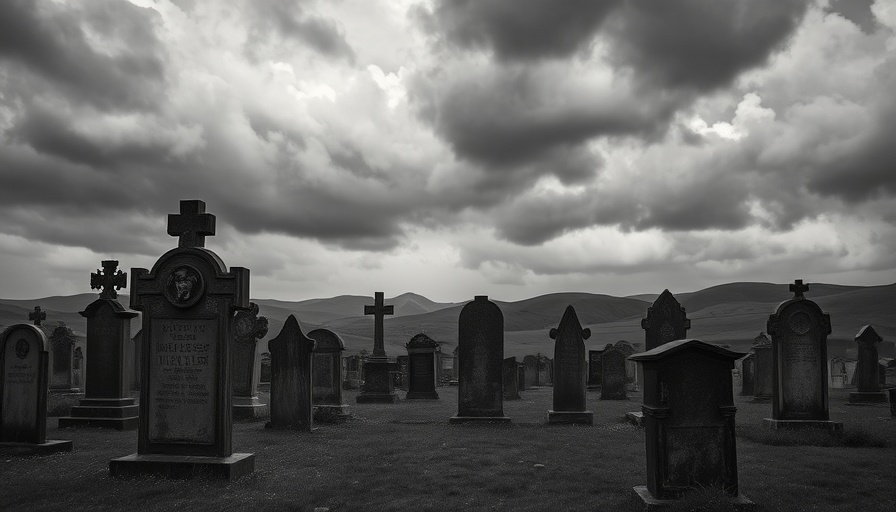
Reimagining the Concept of Death in Modern Medicine
For centuries, death was considered a straightforward concept, something that marked the end of life. Yet, as society evolves, so too does our understanding of what it means to be alive or dead. In a compelling exploration, medical ethicist L.S. Dugdale emphasizes that the definition of death is no longer as clear-cut as it once was. A growing cohort of physicians is advocating for a radical redefinition of death, focusing on the implications of expanding this definition to include patients who currently show brain activity yet remain in a comatose state.
Ethical Implications of Redefining Death
The push to redefine death sparks a deep ethical conversation. If the definition encompasses individuals who may be unconscious but still exhibit some brain functions, we risk making life-and-death decisions that could lead to unwanted outcomes. Consider the alarming case of a patient in Kentucky who regained consciousness just moments before a planned organ retrieval. Real-life scenarios like this generate unsettling questions about the medical community’s responsibility and the importance of preserving life until every possible option has been explored.
Organ Donation Crisis and its Impact
The motivation behind redefining death often lies in the pressing need for organ donations. As organ shortages continue to escalate across the United States, the ethical dilemma intensifies. Advocates argue that a broader definition may fill a critical gap in organ supply and potentially save lives. However, this approach raises concerns from those who fear it could undermine the sanctity of life and lead to an increase in premature deaths from individuals who might otherwise recover.
Broader Perspectives on Life and Death
This conversation around death is not just a medical issue but a societal one as well. As we sat down to reflect upon our understanding, it became evident that different cultures and backgrounds offer varied perspectives on death. While some view death as a natural transition, others approach it with fear and trepidation, reflecting the complexity of human feelings associated with mortality.
The Future of Medical Ethics
What can we expect in the coming years regarding medical ethics and the definition of death? With technological advancements and increasing pressure on the healthcare system, it’s likely that the discourse on redefinition will continue. This ongoing dialogue will shape not only how we perceive death but also how we approach life, end-of-life care, and organ donation. The potential ramifications of such changes will echo through families, communities, and healthcare practices.
Engagement from the Community
As this conversation unfolds, it’s important for communities, especially those in urban centers like Philadelphia, to engage with these complex topics. Understanding the nuances of life and death will shape how we advocate for policy changes in healthcare, organ donation, and ethical standards. Engaging in these discussions not only empowers individuals but also fosters a culturally sensitive environment where all voices are heard.
As our community navigates these challenging debates about life, death, and everything in between, it becomes imperative to stay informed and involved. Join the upcoming debate and be part of the conversation that could redefine life and death in our society. Whether directly or indirectly, these issues impact us all, making it essential to engage and advocate for compassionate and comprehensive solutions.
 Add Row
Add Row  Add
Add 




Write A Comment